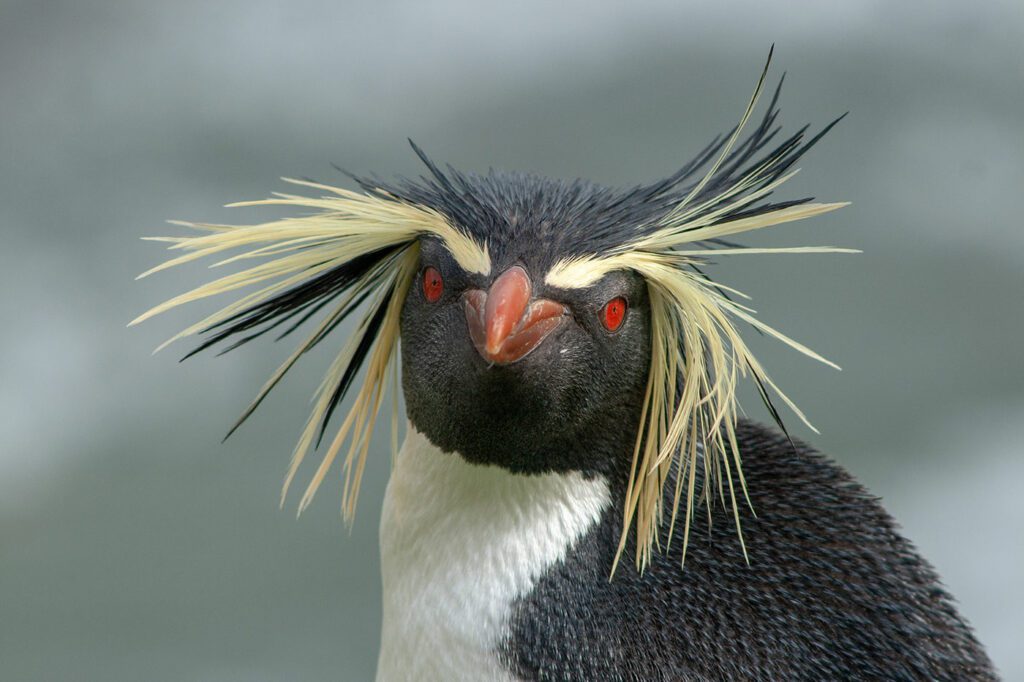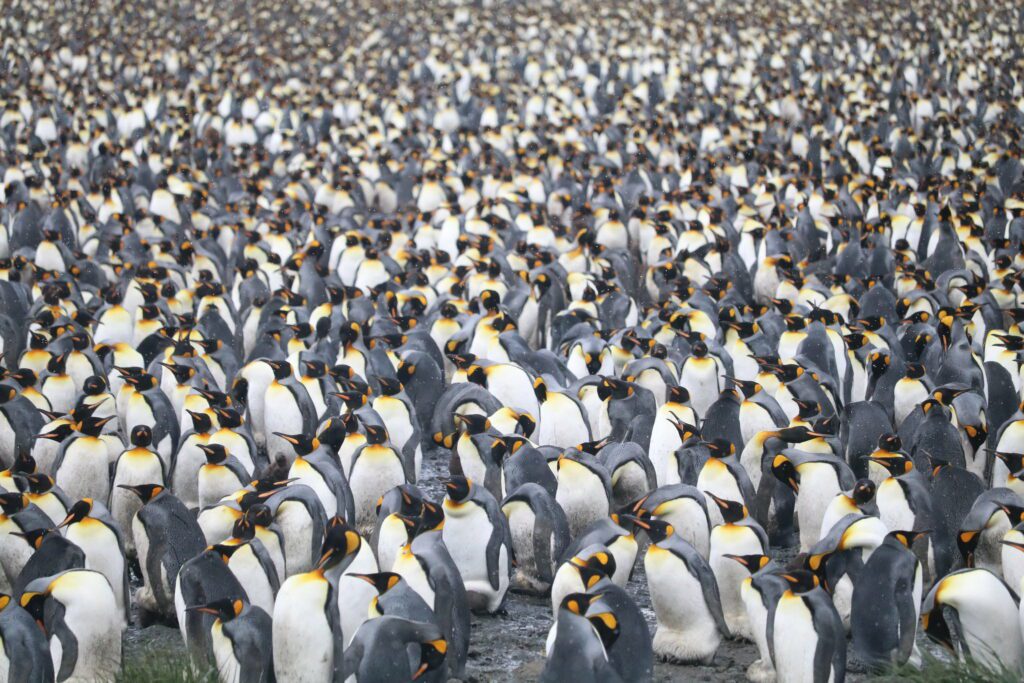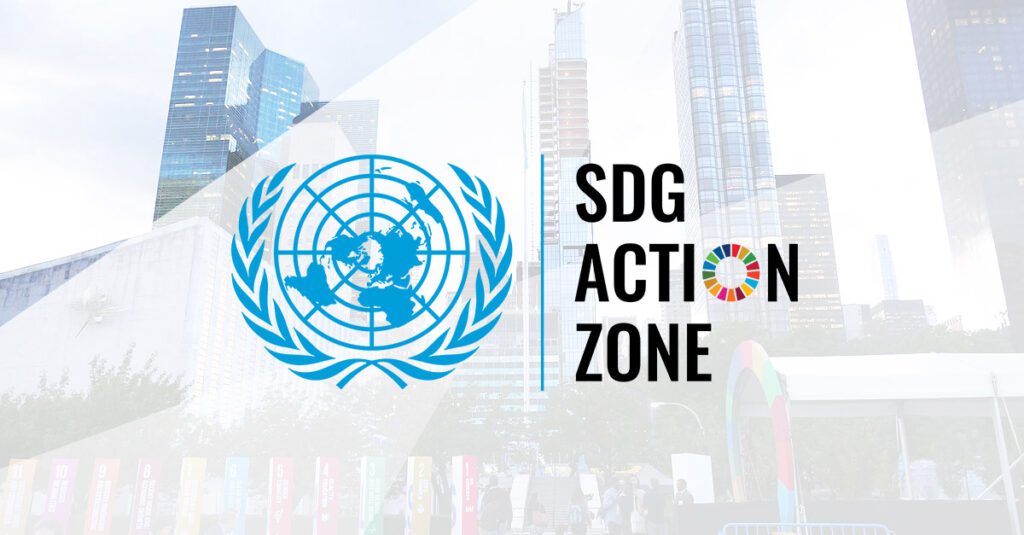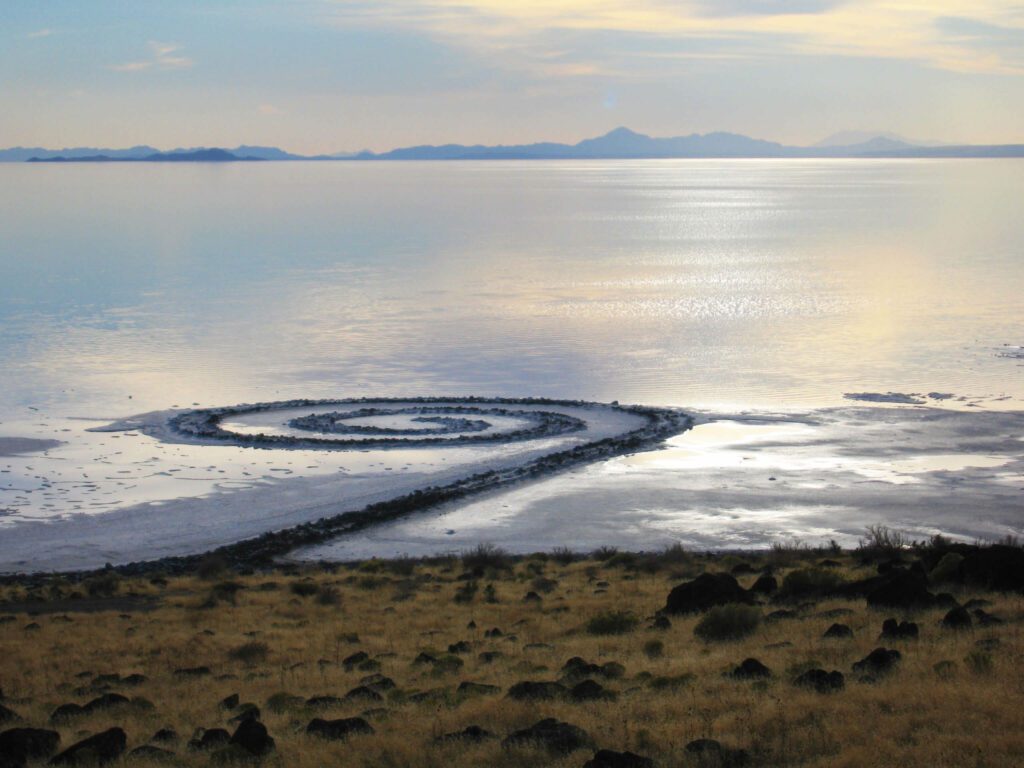TRISTAN DA CUNHA MARINE PROTECTION ANNOUNCEMENT
A LOCAL COMMITMENT WITH GLOBAL IMPLICATIONS

Today, the people of Tristan da Cunha made a historic commitment to ocean conservation. Standing alone in the South Atlantic, this remote group of British islands is home to the world’s most isolated community, with some 260 people living almost 2,800 kilometres west of the nearest mainland city, Cape Town.
LOOKING BEYOND 2020: THE UNITED KINGDOM AS AN OCEAN LEADER

Amid the mounting pressures from COVID-19, governments facing diminished incomes and communities experiencing decreased access to food may be tempted to relax environmental protections in favour of short-term gains. Ocean ecosystems, already impacted by overfishing, loss of biodiversity and climate change are particularly vulnerable.
UNITED NATIONS GENERAL ASSEMBLY SDG ACTION ZONE

Ocean resources must be used in a sustainable and regenerative way. They must drive economic growth and development, supporting livelihoods and jobs – while the health of the ocean and coastal ecosystems must be preserved. Regardless of where we are, our wellbeing depends on a healthy ocean.
REFLECTIONS ON THE WORLD, POST-CONFINEMENT

Dona Bertarelli outlines why a blue and green road to recovery is critical for humanity in this short extract from Elsa Floret’s new book, Le Monde d’Après: Et Après ?, which invites reflection on the world, post-confinement, through a series of interviews.
SPINDRIFT FOR SCHOOLS: THE PARADOX OF LAND ART

At the end of the 1960s, a contemporary artistic movement emerged, combining artists from all over the world and new artistic techniques. Land art was born from the idea that Art and nature are inseparable. The emphasis is on the use of natural materials such as wood, earth, water or air. The exploration of new spaces to express their sensitivity prompts artists to question Nature and the environment.
